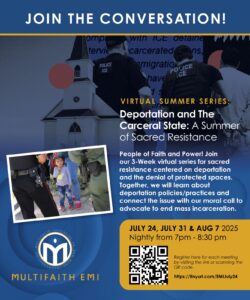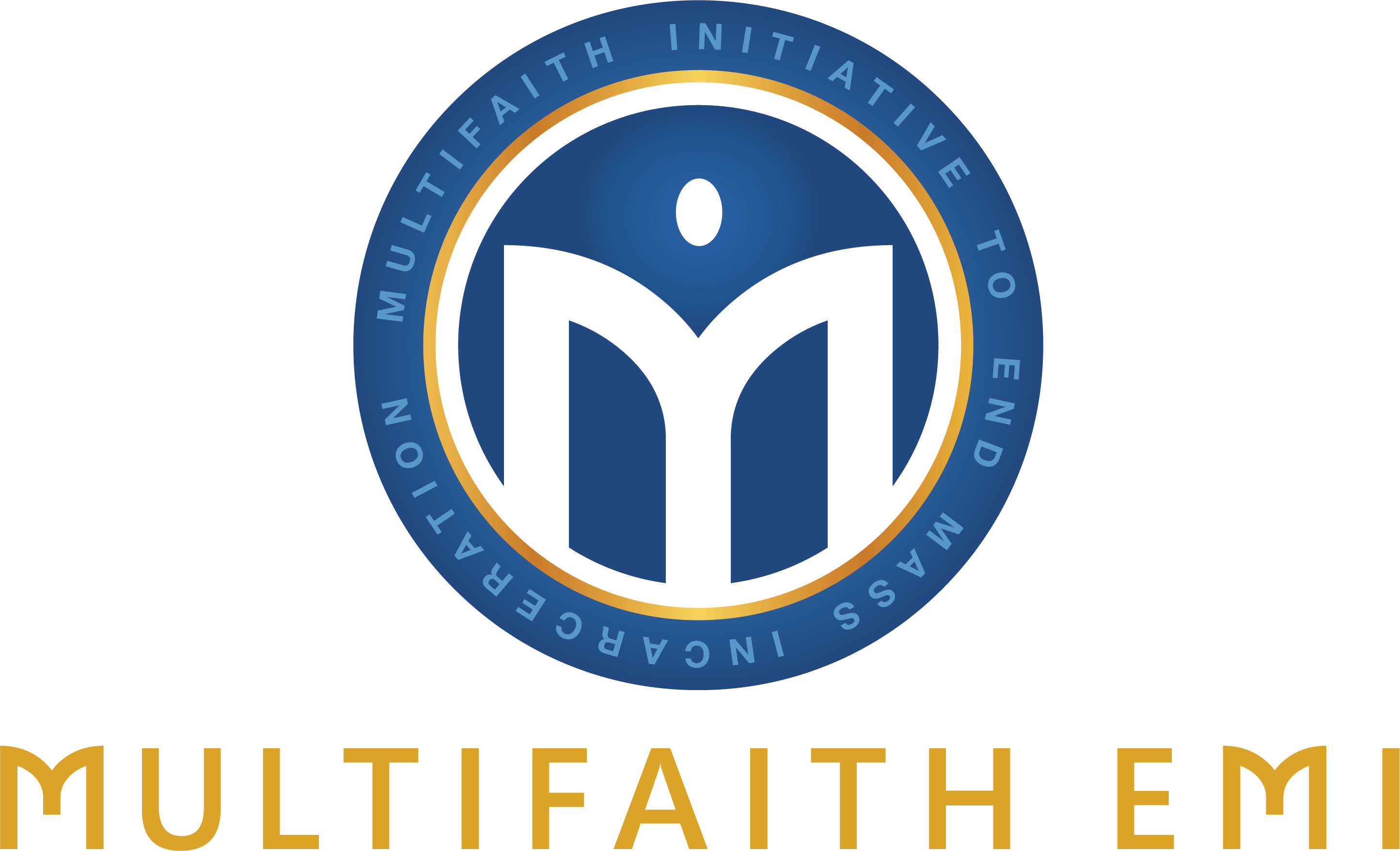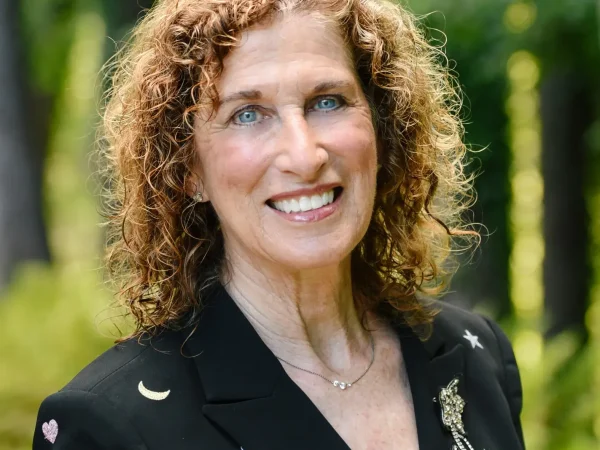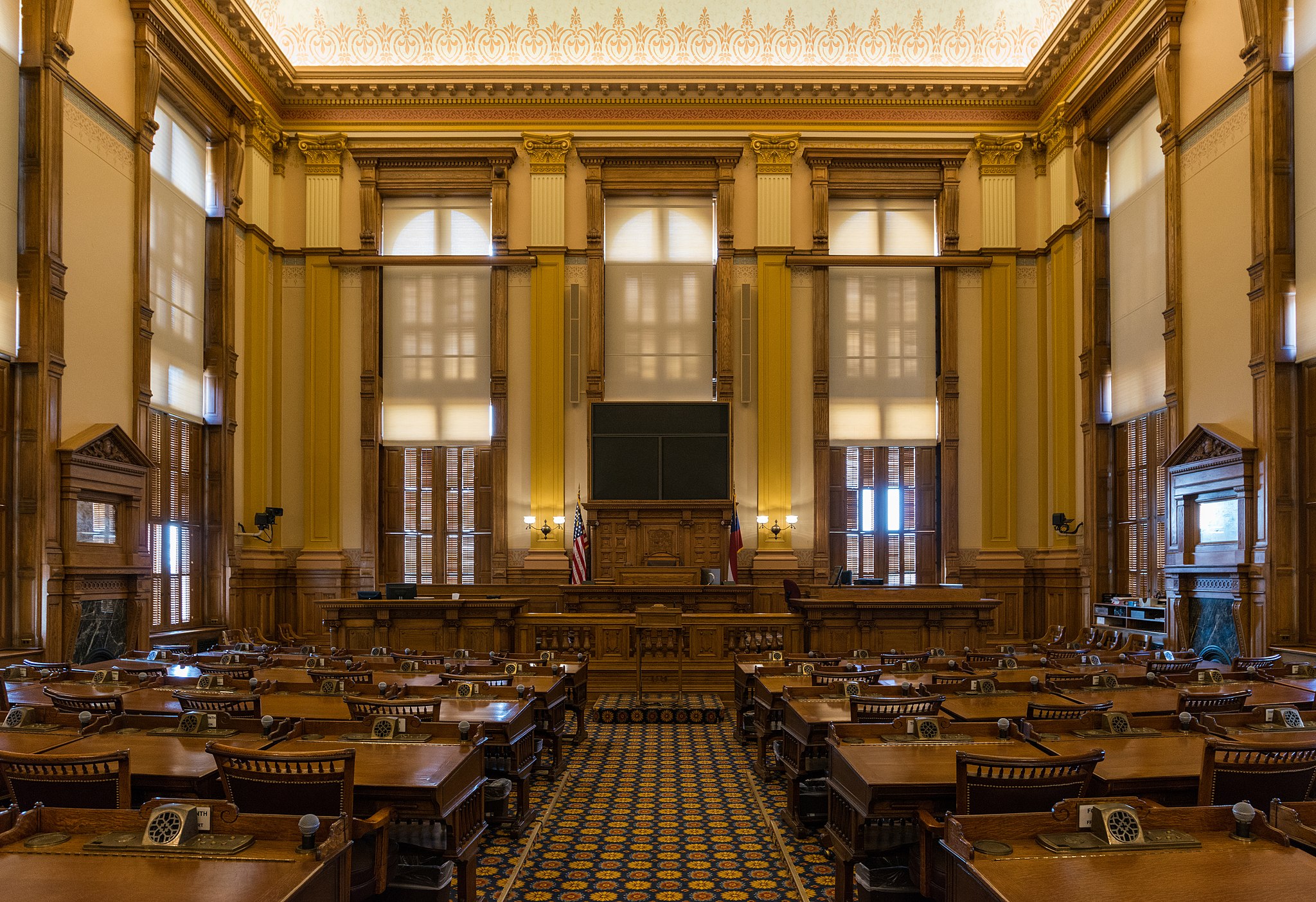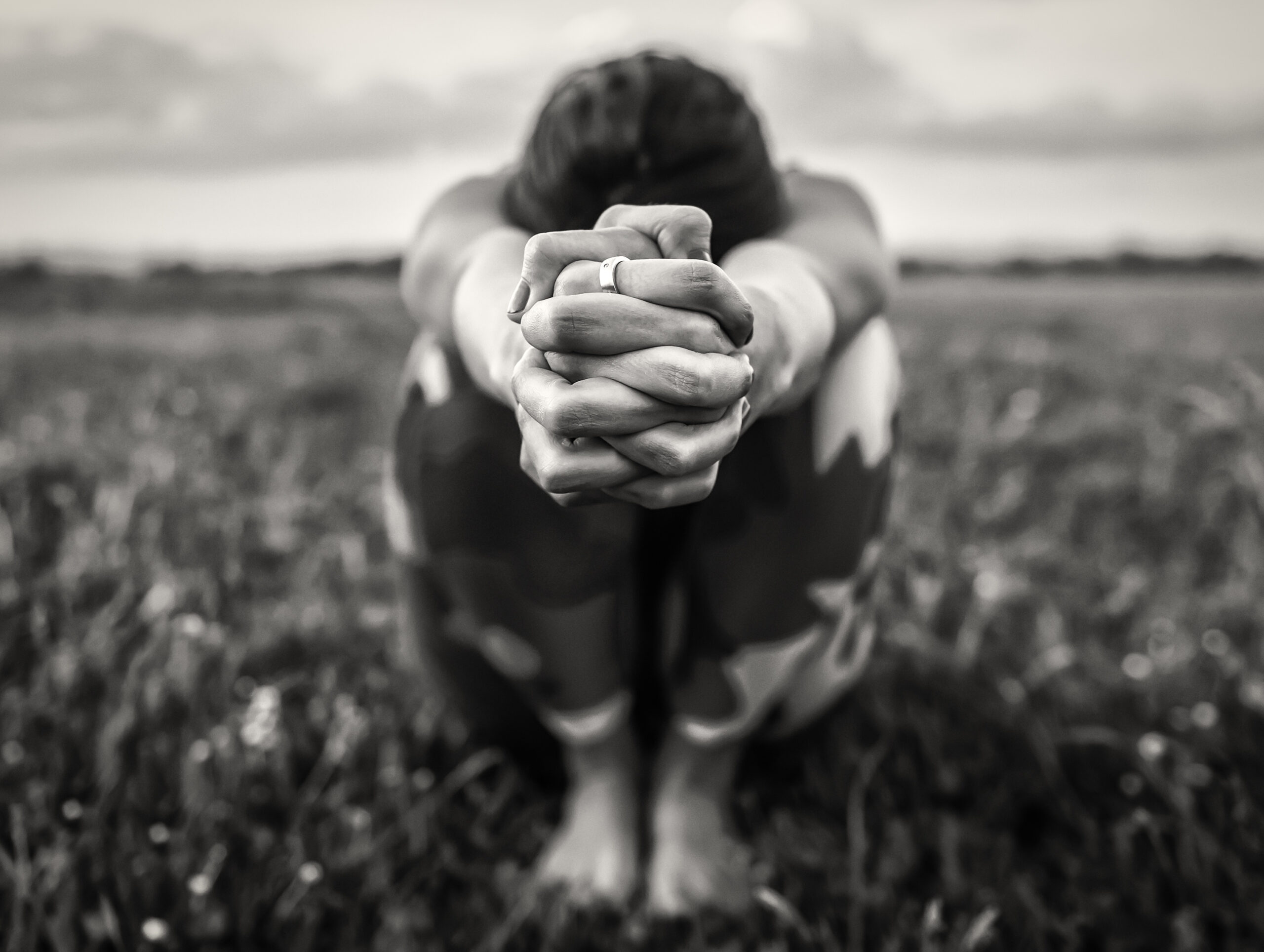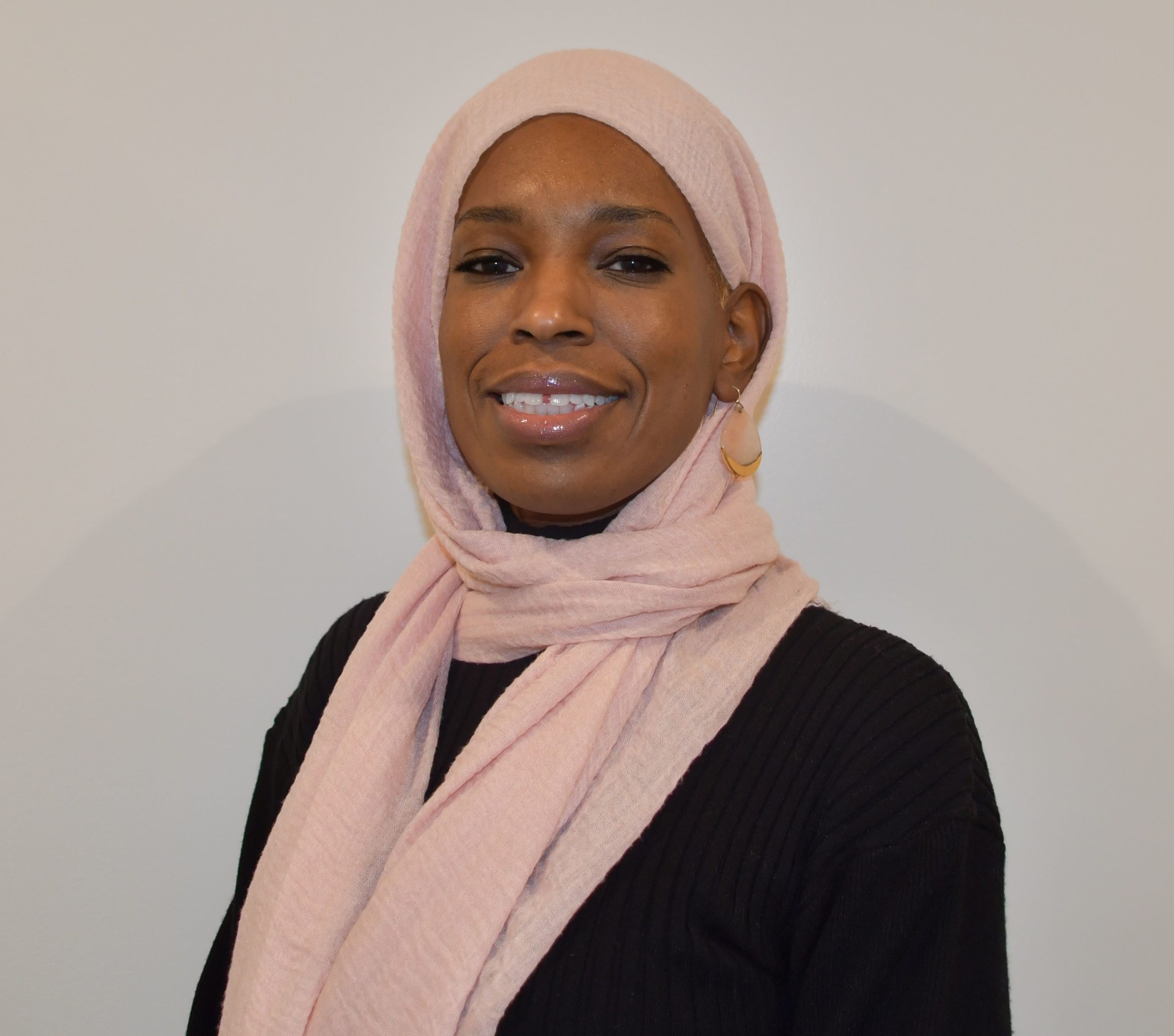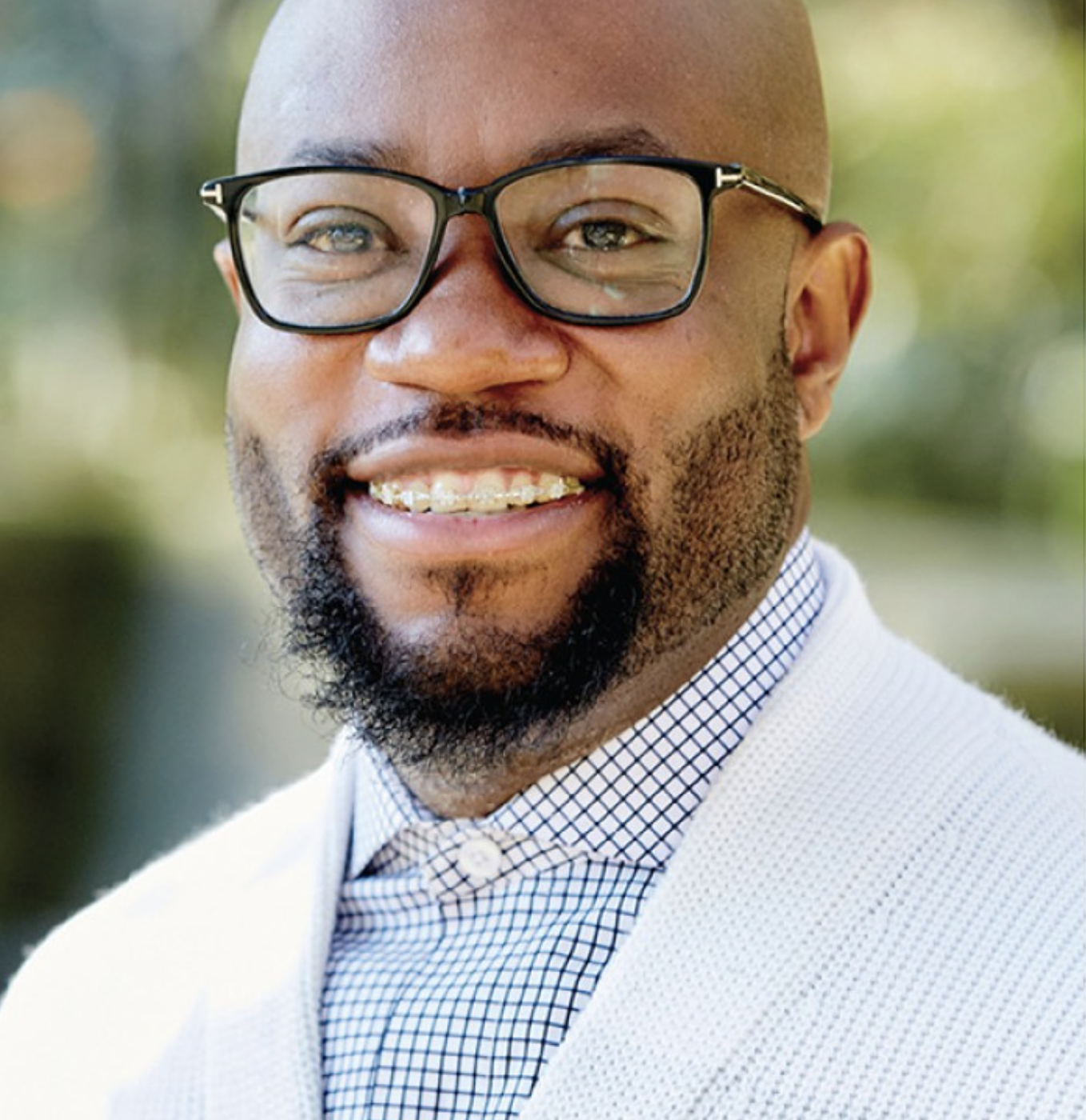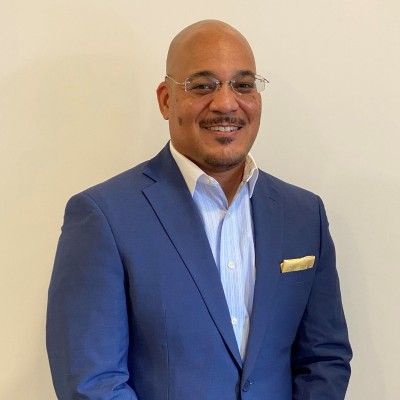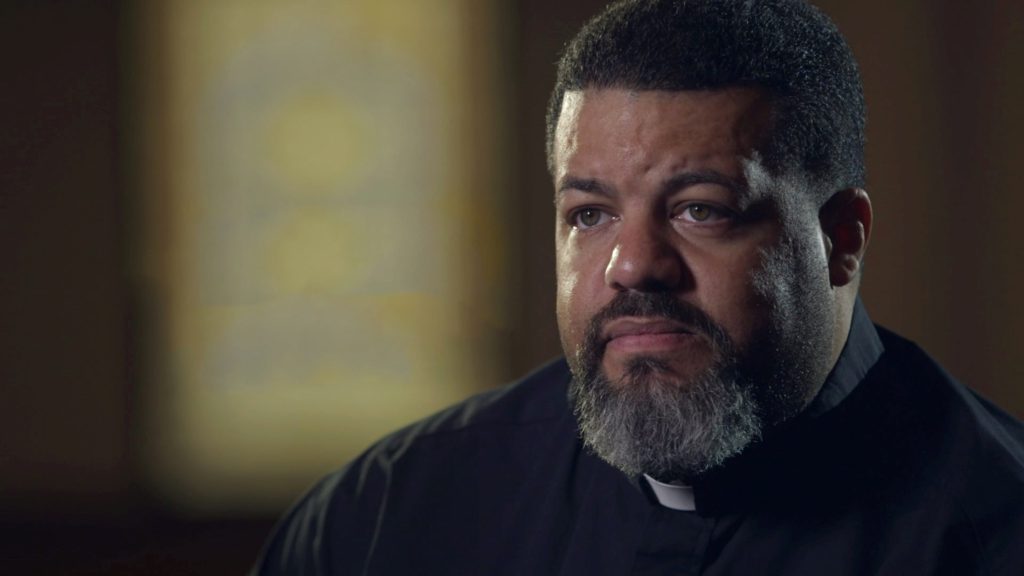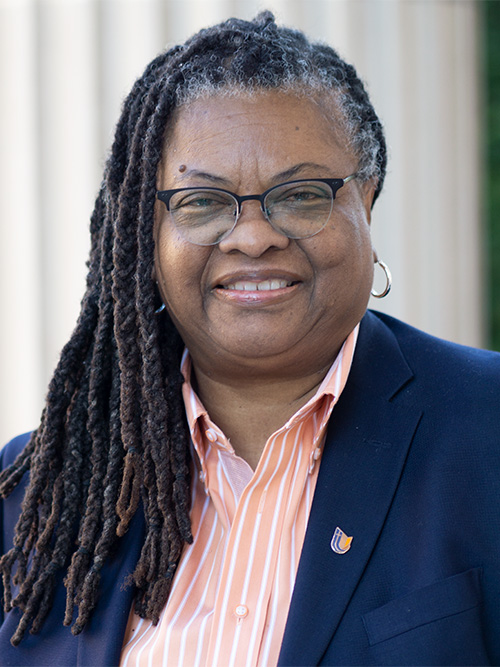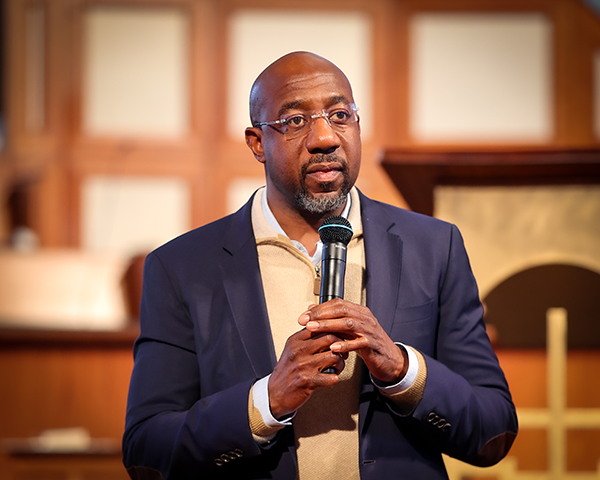Each year on the Fourth of July, we celebrate America’s promise—freedom, equality, justice. But what does that promise mean when so many are excluded from its protections? What does it mean when liberty is claimed for some, while others are watched, detained, or deported without due process?
How have we come to this moment? Why would the building of a concentration camp be celebrated when the generation just before mine bore witness to some of the world’s worst atrocities? I don’t have a family story about loss during the Holocaust; my grandparents came to this country before that tragedy. But as with most Jewish families, there had to have been family members who never left and did not survive. I visited Auschwitz; walked the streets; saw the luggage, the shoes, the clothing that was stripped from Jews before they entered the gas chambers. And I saw those, too. Man’s inhumanity to man was in full view, and it was horrifying. I remember being overwhelmed, unable to even speak about what we had seen. And being thankful for the freedom I have to visit and learn but not experience the trauma that time.
And yet, we are seeing similar events play out now. The photos and descriptions of the concentration camps being built in this country are chilling. Detaining people in these inhumane conditions is threatening – not protecting our freedom. How are we to know who will be targeted next? And how are we to prepare? I can’t fathom what the next few years will bring but I know democracy is under siege and our freedom is being threatened.
We are watching the promise of freedom being quietly unraveled—by loud declarations; with taxpayer-funded policies and unchecked power. The current administration has taken aim at immigrants and asylum seekers with a chilling combination of tactics: mass detentions without due process, deportations to foreign prisons, and immigration raids in places once deemed sacred—houses of worship, schools, hospitals, and courthouses.
As I see it, this is a reshaping of the carceral state: the expansion of a punishment system that has long disproportionately targeted Black and Brown communities, now turned even more fully onto immigrants. We can’t stand by and watch the government normalize stop-and-frisk, long probation sentences, and no-knock warrants and now justify the disappearance of families at our borders and in our neighborhoods.
This is racialized surveillance and it is not new—it is foundational to the American playbook of control. Slave patrols demanded “free papers” in the 18th century which led to the rise of vagrancy laws, chain gangs, and convict leasing in the post-Emancipation South. In modern times, the same spirit lives on through stop-and-frisk policies, electronic ankle monitoring, no-knock warrants, and the endless loops of probation and parole. Today, this legacy of control targets not just Black Americans, but has expanded to target immigrants—especially Black immigrants and Latinas—who face racial profiling, biometric surveillance, and detention without due process. This has become a broad system that criminalizes migration, movement, and mere existence for people of color.
But this is not a new tactic. The abuse of power almost always begins with the designation of an “other.” Jews in Nazi Germany were forced to wear yellow stars before being deported. Japanese Americans were interned during World War II. Arab and Muslim Americans were surveilled and detained after 9/11. Asian Americans were scapegoated during the COVID-19 pandemic.
Each time, the pattern is the same: surveillance, separation, silence.
As a Jewish woman, I cannot ignore the echoes. The practice of removing people without trial, of sending them to unfamiliar countries and foreign prisons, of targeting them in their places of prayer and healing—does not make me feel safe. We all have repeatedly said ‘never again’…but here we are! This is history repeating itself under the guise of public order.
But we are not powerless. There is work to be done.
At the Multifaith Initiative to End Mass Incarceration (EMI), we are confronting this moment not with despair, but with sacred resistance. In the coming weeks, we will release a statement denouncing the criminalization of immigrants, the desecration of sacred spaces, and the use of public funds to enact fear and separation. We will invite clergy, congregations, and people of conscience to sign on—to name this as unjust, unholy, and unacceptable. And we will share those statements so our elected officials understand how deeply we are committed to righting this wrong.
Behind that statement is action. This summer, EMI’s members will engage in a three-part series of reflection, education, and strategy—quietly and deliberately preparing to meet with elected officials and call for a moral re-centering of our nation’s immigration and incarceration policies.
We are committed and very clear. The time for silence has passed.
We invite you to join us—not just in words, but in vision. A vision of freedom that is rooted in dignity, compassion, and shared humanity. A vision where no one fears worshiping in peace, where no one is discarded without defense, and where public policy protects the vulnerable instead of punishing them.
Because freedom that is built on fear is not freedom at all. And justice that excludes the stranger is no justice at all.
“Tzedek, tzedek, tirdof….Justice, justice shall you pursue…”
Will you stand with us?
